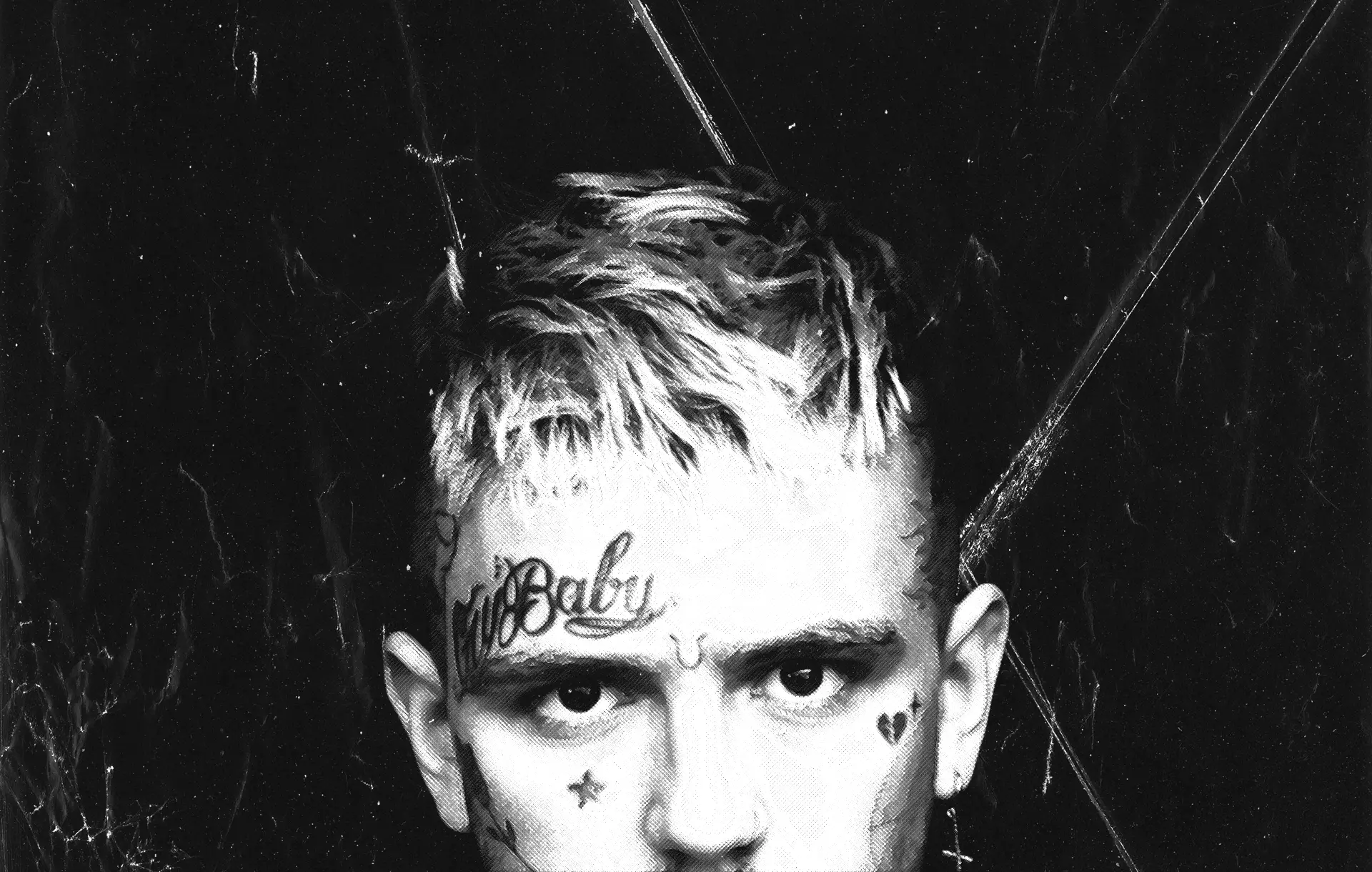If you’re a few years shy of your 30s like me, and the artist known as Lil Peep doesn’t ring a bell, no worries. Getting to know him might still be worth it through the exceptional work of co-directors Sebastian Jones and Ramez Silyan. This virtuoso duo has in fact been able to craft an intimately human and poignant documentary for those seeking the truth behind this young and tormented voice that continues to reach our radio stations.
Executive produced by nothing less than the visionary director, Terrence Malick, (Badlands, The Three of Life, A Hidden Life), Everybody’s Everything is the story of Gustav Elijah Åhr, known professionally as Lil Peep, a leading figure of the 2010s emo music. Mixing an emo revival style with rap and punk rock elements, Lil Peep had already established himself as a pioneer of his musical genre when he tragically died of a drug overdose at the age of 21.
The documentary got a 100% score on Rotten Tomatoes’ Tomatometer, and even though it has no consensus by the top critics yet, it can also boast 99% by its audience with 173 ratings. And if you are trying to understand the Lil Peep phenomenon, which has more to do with the case of an internet celeb on Xanax than music itself, then I believe that this biopic will introduce you to who he was to the core and what he represented for the young generations.
A Beautiful Boy, A Tattooed Poet, A Beloved Grandson
Comparing this well-crafted biopic to other films, I couldn’t help but find a reference in the 2018 film A Beautiful Boy, which is likewise based on the memoirs of a father and a son, who chronicled the heartbreaking experience of their family coping with the addiction of the son over many years.
Besides that, Gustav was truthfully a beautiful boy. He was a top model. He would go to the Milan Fashion Week and fellow female models would ask him to take pictures with him after the shows by virtue of his baby face covered in tattoos and his playful way with people.
Dear grandson, my prophet, my tattooed poet, the wounds your father gave you God did not heal, but did close in scars…
– John Womack Jr.
The documentary in its essence is not crossed by the relationship between Gustav and his father, who’s a rather absent figure in his life. The special bond was with his beloved grandfather, John Womack Jr., a Harvard professor who kept writing letters to his grandson even while he was in the darkest places of his existence, always finding ways to inject hope into his grief-stricken soul.
I will never forget the opening of this powerful work of filmmaking. It’s actually a very Terrence Malick moment. The voice over of the old grandfather accompanies Gustav as he walks all alone on a deserted street of his neighborhood. His smiling face is covered in tattoos. The old man reads one of his letters for him: “Dear grandson, my prophet, my tattooed poet, the wounds your father gave you God did not heal, but did close in scars…” And then, in an interview, Gustav’s high-school girlfriend says, “Gus literally told me once, if he was to die, he thinks John would be the person welcoming him into Heaven.”

Way Beyond The Blue
One of the most interesting aspects of this documentary is the transformation of the insecure Gustav into the hedonistic Lil Peep, who hid his insecurity and instability behind all those tattoos. I loved the progression from those first shaky home videos shot in a backyard to the iPhone FaceTime streams with his fans that ultimately culminated into the fancy videos that we see today on YouTube.
Peep’s unstable family life is perfectly mirrored in his music videos, a cocktail of emo-confessional moments and bursts of anger canalized through rap music. With that music, Peep attempted to be all things to all people of his life. He wanted to be everybody’s everything by showing others that they are not alone in their struggles.
Toward the end of the film, there was a long conversation with his grandfather. After being asked about his grandson’s premature death, he’s still able to hold his tears and talk about instants and eternity. He remembers a gospel song and its chorus that is even more wonderful than its verses, which goes “Do remember me, way beyond the blue.” He laughs at his own words, as if the blue was the unquestionable, bitter truth of everything, and then he adds, “So, Gus is gone. He’s way beyond the blue.”
The old man basically endured the fact that his grandson didn’t accept the limits of this world. He said what he had to say. Now, he rests on the soft surface of his truth, which is told exceptionally in this documentary, one of the best works of observational cinema I’ve ever seen.




